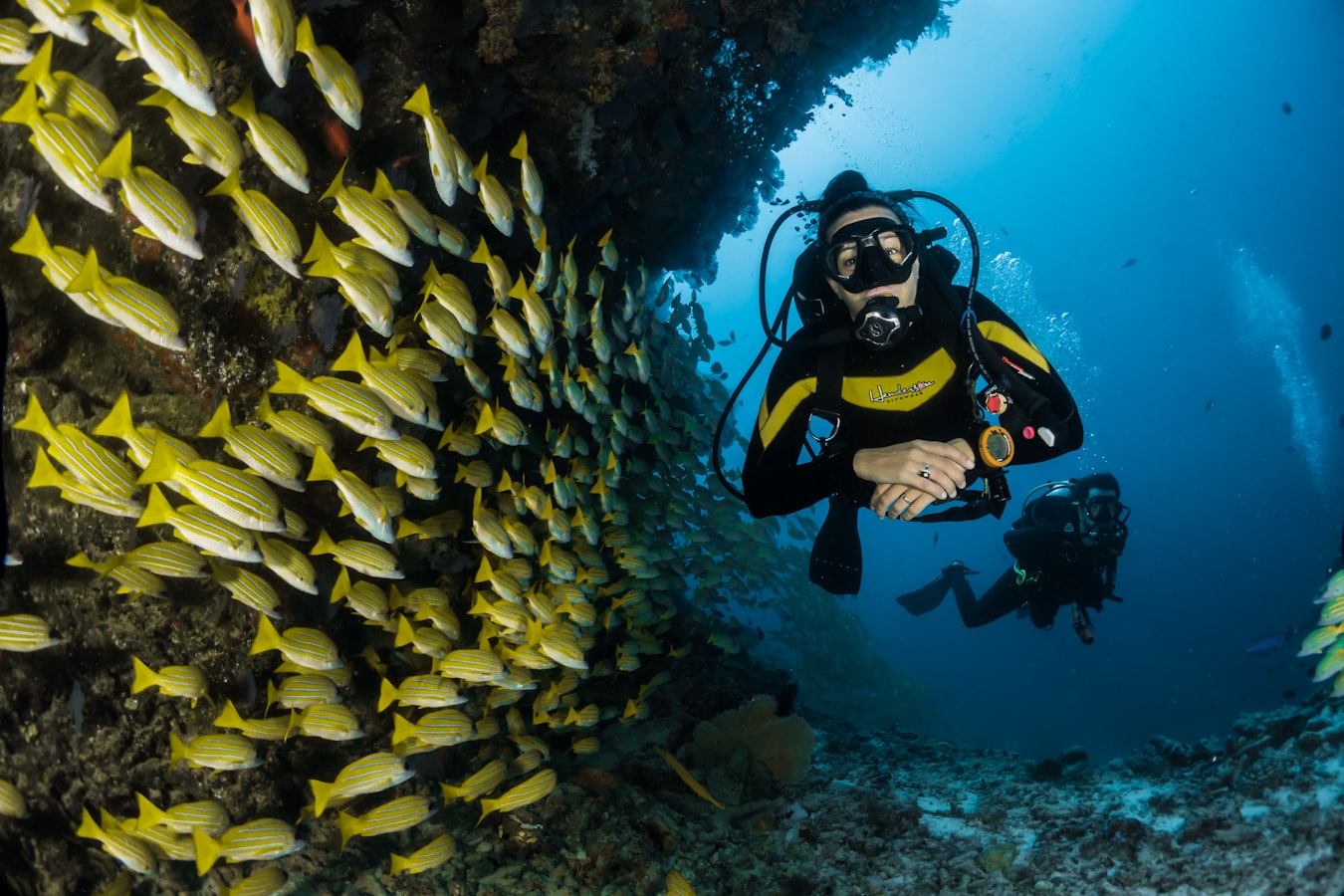As the Red Sea region undergoes unprecedented development, sustainable tourism has emerged not just as a buzzword but as a fundamental approach to preserving this unique marine ecosystem while allowing travelers to experience its wonders.
The Importance of Sustainable Tourism
The Red Sea hosts some of the most resilient coral reefs on the planet, with over 1,200 fish species and unique marine ecosystems that scientists believe may hold keys to understanding coral adaptation to climate change. These natural treasures face growing pressure from coastal development, overtourism, and climate impacts.
Sustainable tourism practices help minimize environmental footprints while maximizing positive contributions to local communities and conservation efforts. By choosing eco-conscious options, travelers can enjoy the Red Sea's beauty while helping preserve it for future generations.
Eco-Friendly Accommodations
Several pioneering properties are setting new standards for sustainable luxury. The Red Sea Project in Saudi Arabia integrates renewable energy, water conservation, and minimal intervention design principles. Its hotels will operate on 100% renewable energy, with a commitment to increasing biodiversity by 30% across the development area.
In Egypt, eco-lodges like Marsa Shagra and Basata implement comprehensive sustainability practices from solar power to organic gardens and strict waste management protocols. These properties offer authentic experiences while demonstrating that luxury and sustainability can coexist harmoniously.
Responsible Marine Activities
Choose operators displaying Green Fins certification or other recognized eco-credentials. The best diving and snorkeling companies limit group sizes, provide thorough environmental briefings, and actively participate in conservation initiatives like reef monitoring and cleanups.
Avoid wildlife-disturbing practices like fish feeding or touching marine creatures. Photography enthusiasts should master buoyancy control and maintain appropriate distances from sensitive marine life. Consider joining citizen science expeditions that contribute to research while providing unique underwater experiences.
Supporting Local Communities
Sustainable tourism extends beyond environmental practices to include positive social impacts. Seek out community-based tourism initiatives where profits directly benefit local populations. In destinations like South Sinai and Aqaba, cooperative tourism projects provide alternative livelihoods for fishing communities while preserving traditional knowledge.
Purchase locally-made handicrafts, choose restaurants serving locally-sourced seafood harvested using sustainable methods, and respect cultural norms and traditions in the diverse communities surrounding the Red Sea.



